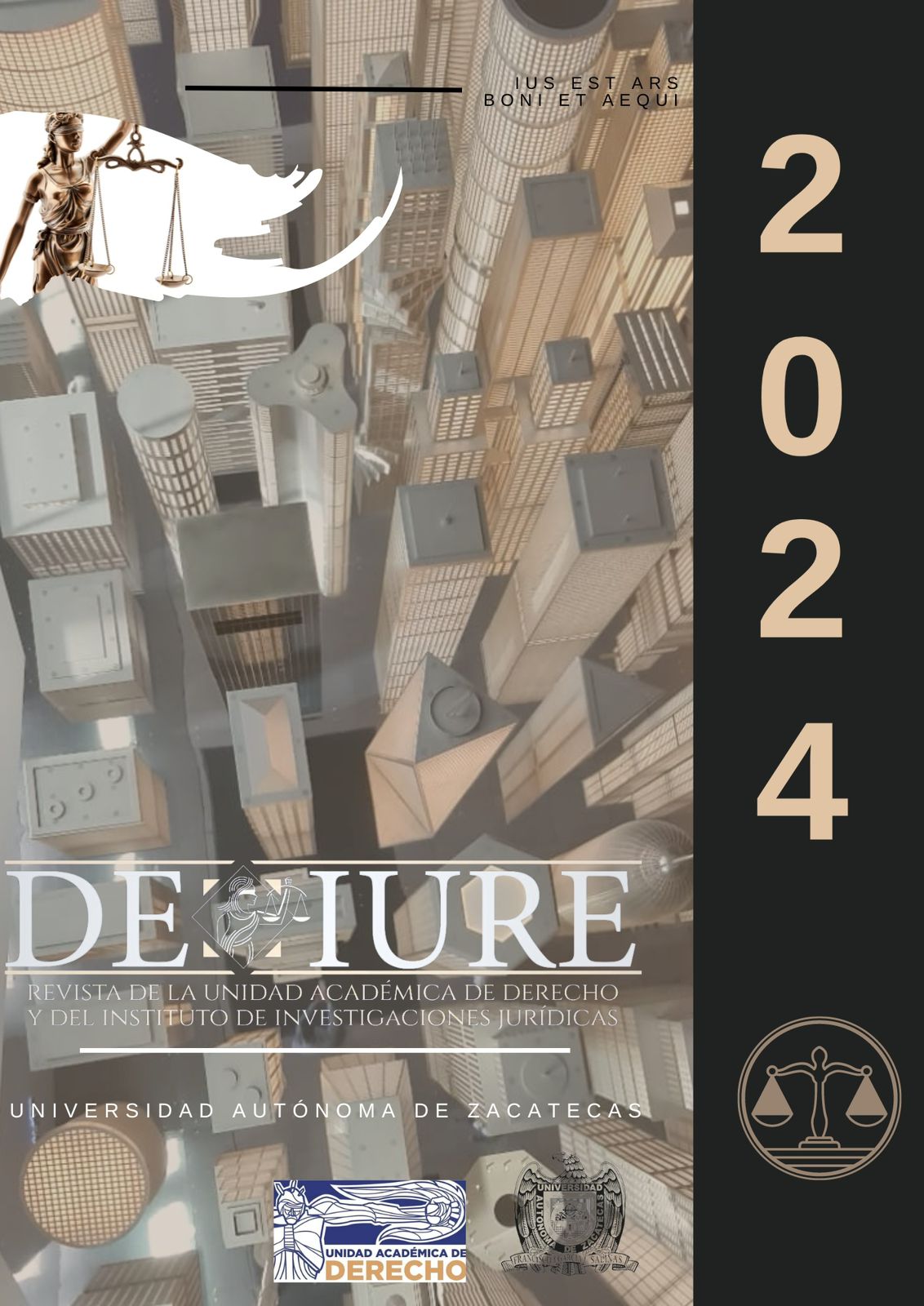Accountability as an instrument of legality, efficiency and trust in municipal authorities
Published 2024-12-28
Keywords
- citizen trust, efficiency, oversight, public policies, horizontal accountability and vertical accountability
How to Cite
Abstract
Improving the quality of life and raising the standards of well-being of the environment in which we live is a current desire in each individual, which arises mainly at the beginning of municipal public administrations, where the role of the citizen is instituted under a position of permanent observer of this approach and, in a more critical way, at the moment when the authorities are accountable, where the citizen compares the state of the public and the improvements in the context that surrounds him, in relation to the accounts that are presented. It is here that the issue of the accountability of municipal authorities and the objective of this research is reflected, which is to establish the relationship between both vertical and horizontal accountability, as an instrument of compliance with the principles of legality, efficiency and a means to achieve citizen trust towards municipal authorities. In this context, it is concluded that municipal presidents must adapt their actions in their exercise towards the rationality, efficiency and effectiveness of the resources they have. In this cross-cutting idea, this study aims to have a utility that motivates municipal public administrations to detonate the maximum public potential, which can be achieved, by consolidating themselves as governments with rational and correct public policies, hand in hand with objective accountability, generating in an integral way a solid citizen confidence in public action. It is stated that this study was carried out with empirical bases of bibliographic sources such as information and data from public and private institutions.
Downloads
References
“comprende las estrategias de liberación de información pública en formato abierto relacionada con cuestiones específicas, cuyo propósito es mejorar el conocimiento sobre algún problema público, con el objeto de fortalecer el proceso de toma de decisiones ante situaciones complejas y una adecuada rendición pública de cuentas.” Centro Latinoamericano de Administración para el Desarrollo (2016: págs. 41-42).

